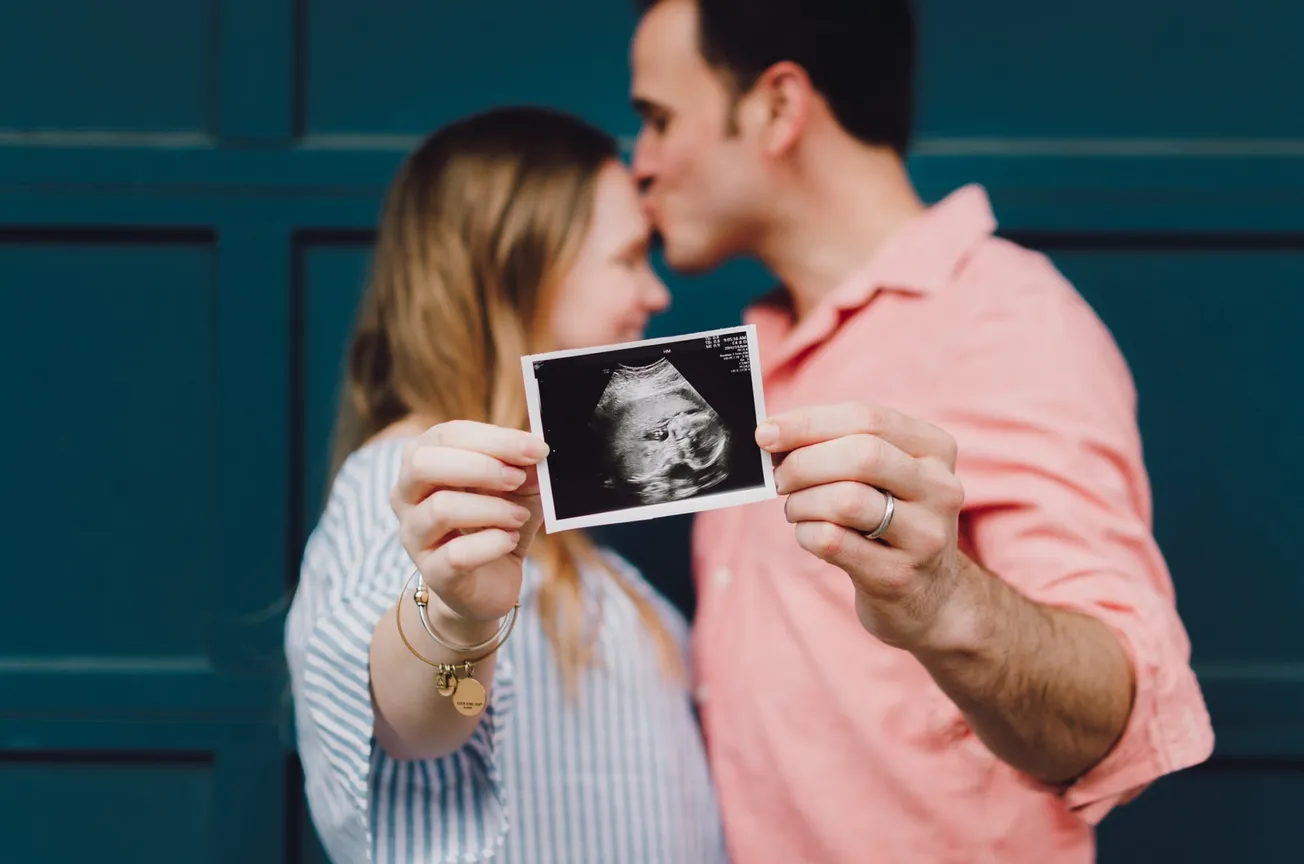Table of Contents
Carolyn Moynihan
mercatornet.com
Carolyn Moynihan is the former deputy editor of MercatorNet
In a rare display of like-mindedness, the New Zealand Parliament a couple of weeks ago unanimously passed a bill adding three days to a working woman’s bereavement leave to cover the miscarriage or still-birth of a child.
The new entitlement extends to spouses and partners, including a separated biological parent, to couples adopting an expected baby, and to those using IVF and surrogacy.
And it applies to the whole of pregnancy, even where the mother herself was unaware that she had conceived. Which is just as it should be. But it does not cover abortion, which is questionable.
Minimal though the extra leave is, this recognition of a common (the miscarriage rate is said to be one in four pregnancies) but hidden and emotionally painful experience is welcome, and has been noticed well beyond New Zealand.
As the bill passed, politicians of all persuasions congratulated themselves on making this country a world leader in acknowledging the loss and grief that miscarriage brings. Only India got there before us, apparently, with a law providing for six weeks of paid maternity leave for both miscarriage and abortion.
Oddly enough in a country that decriminalised – and supposedly destigmatised – abortion a year ago, declaring it healthcare, the New Zealand Holidays (Bereavement Leave for Miscarriage) Amendment Act 2021 explicitly excludes women who lose a child through abortion.
Miscarriage in the act “means the end of a pregnancy in the first 20 weeks … other than as a result of abortion services…”
In the House, a couple of National members insisted that the bill was incomplete without including abortion. One cited the experience of a post-abortion counsellor. Another said that while she supported the bill, “the grief and anguish and trauma experienced during an abortion and the fact that it’s not included in this bill make me uncomfortable – personally uncomfortable”.
In a submission to the parliamentary committee studying the bill, a woman who had decided she must terminate the life of a much-wanted baby at 18 weeks after it was diagnosed with Edwards syndrome, said it was “surprising” and “hurtful” that this would count as an abortion under the law rather than a miscarriage. “I believe women in my situation should also be entitled to bereavement leave,” she wrote.
In truth, legislation that aims to bring “fairness” to working women and incidentally bring a “taboo” female experience into the light of day, dispelling its “stigma”, has become one more instance of the moral incoherence surrounding the unborn child in the 21st century.
The Stigma Stakes
A major aim of members supporting the Abortion Legislation Act (2020) was to remove the stigma of abortion. Now they talk about removing the alleged taboo and stigma of miscarriage, while entrenching the very real taboo around abortion that refuses to acknowledge the loss of a child, and often the associated grief.
After introducing the original bereavement bill in 2018, MP Ginny Andersen said she would have included abortion but she wanted the bill to pass. The implication was that the public were not as blasé about abortion as “polls” suggest, and would not like their miscarriages put on the same level as induced abortion. There was nothing to fear from pro-life MPs, who recognise that some women, at least, abort a wanted child while others suffer anyway after an abortion.
It is likely that, with the all-important decriminalisation legislation also on the agenda , the abortion lobby itself did not want the two things mixed. Although they sometimes acknowledge that women may grieve a bit after their abortion, they are adamant (studies show…) that in almost all cases there is no lasting negative impact on mental health, or, if there is, it is owing to “stigma” in the community.
Talking about abortion and grief in the same breath – as MPs and women making submissions have talked about miscarriage – would be dangerous. In other words, Family Planning and friends can put up with a bit of stigma in the interests of a bigger goal.
Meanwhile, the hotel worker who misses out on three days’ leave to recover from her abortion, while her colleague who miscarried gets it, will just have to take it out of her sick leave – or pretend that she miscarried. After all, abortion is healthcare, not bereavement.
Hypocrisy about the Unborn Child
Up till now, parents have been able to claim bereavement leave for a “still-born child”, defined in the Births, Deaths and Marriages Registration Act as “a dead foetus that … weighed 400 grams or more when issued from But there has been no legal recognition of a child that miscarries before the 21st week. its mother, or … after the 20th week of pregnancy”.
When Green MP Jan Logie saw the “400 grams” bit, she was very indignant. “Like, seriously?” she expostulated in her Third Reading speech. “That was the legal measurement in terms of somebody’s entitlement to this leave. That, or whether it ‘issued from its mother after the 20th week of pregnancy’ in the Births, Deaths and Marriages Act. The weight?”
Whence her indignation? One would like to think it was because of the insult to the dead foetus, which was the same human being right from day one, when it weighed almost nothing. Sadly, it was all on account of the “unplanned end of a pregnancy” that did not qualify for bereavement leave. “It’s ugly,” interjected a colleague. “It really is,” agreed Ms Logie.
What’s really ugly, however, and hypocritical, is that politicians and others talk about bereavement without ever mentioning who has died. The original member’s bill referred to miscarriage as the “unplanned end of … pregnancy by way of the death of the foetus”. A new bill in 2019 made no mention of a foetus, let alone its death. It was just about “the end of a pregnancy”.
Do women who miscarry mourn “the end of a pregnancy”? Surely, they grieve for a child; that is the only way to make sense of the term “bereavement” as a description of what has happened. It is not just a change in a woman’s body, but the loss of a relationship with a person, a new human individual who is your own flesh and blood.
New Zealand legislators may be world leaders in compassion for the woman who miscarries, but for anyone who wants to know why we should feel sorry for her, most of them are no guide at all.
Please share this article so that others can discover The BFD.









